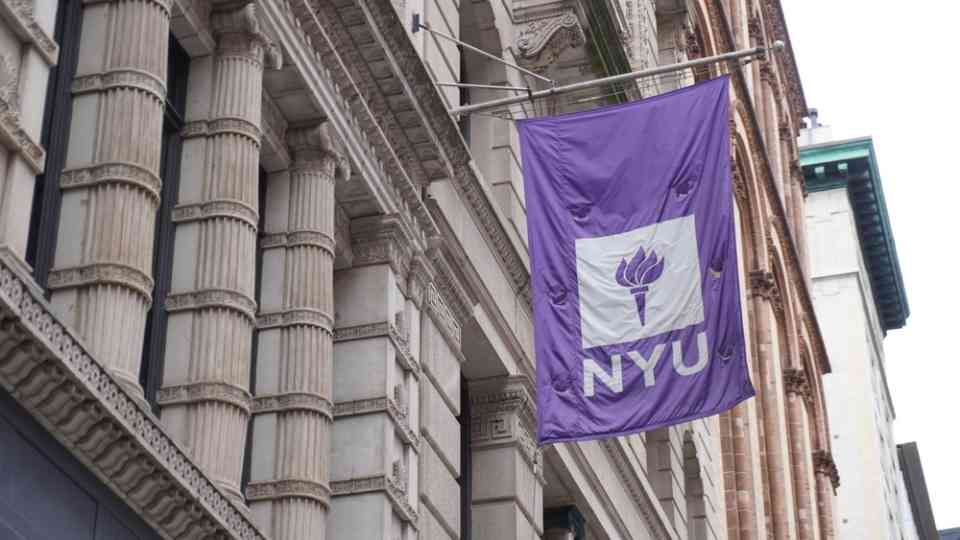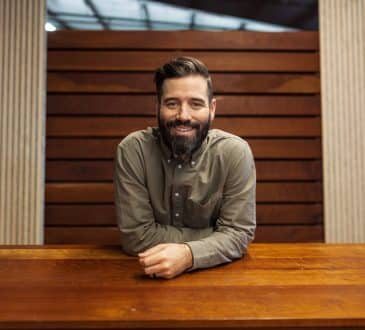NYU Study Explores the Link Between Biodiversity and Neighborhood Wealth in NYC Parks

Researchers at NYU are conducting a study to examine the relationship between biodiversity and the wealth of surrounding neighborhoods in New York City parks. Ecologists Valentina Alaasam and Rafael Baez are leading this research, focusing on the abundance of ants, slugs, and earthworms in various urban green spaces and comparing these findings with socioeconomic factors like education levels and household incomes.
Their research aims to shed light on how wealth influences urban nature, particularly the concept known as the “luxury effect,” which suggests that wealth can both positively and negatively impact biodiversity. Wealthier neighborhoods may have more resources to support thriving parks, but these same resources can lead to over-manicuring, which reduces biodiversity.
Alaasam and Baez’s study is currently underway, with initial surveys of insects and birds being conducted in ten city parks, including Prospect Park, High Bridge, Forest Park, and Van Cortlandt Park. Alaasam expressed uncertainty about the findings but hypothesizes that parks in wealthier areas may exhibit greater biodiversity.
The issue is compounded by the underfunding of the city’s parks department, which receives less than 1% of the overall municipal budget. Adam Ganser, executive director of New Yorkers for Parks, highlighted the challenges faced by the department, including a severe shortage of gardeners compared to other cities like Chicago and San Francisco.
Wealthier neighborhoods benefit from trusts and conservancies that raise significant funds and mobilize volunteers to maintain their parks. For example, the Central Park Conservancy raises nearly $74 million annually and utilizes thousands of volunteer hours to support park upkeep.
Previous studies, such as a 2003 study in Arizona, have shown that plant diversity can be significantly higher in wealthier urban areas. Ecologist Diane Hope noted that affluent residents often have the means to preserve natural landscapes and introduce diverse plant life, whereas poorer areas may lack these opportunities.
However, increased wealth does not always guarantee healthier parks. Preliminary findings from Alaasam’s research in tropical regions and Hope’s study in Arizona suggest that wealth can sometimes lead to reduced biodiversity through the introduction of non-native species and over-managed landscapes.
The decline in biodiversity has serious consequences for both the environment and human well-being. Hope pointed to the example of the Monarch butterfly, whose population has declined due to the loss of milkweed, a vital plant that has been removed for agriculture and landscaping.
Lower biodiversity also impacts human quality of life. A 2022 study by South Bronx Unite found that the South Bronx was significantly hotter than wealthier neighborhoods with more vegetation, underscoring the environmental and social implications of reduced biodiversity.
Alaasam and Baez aim to complete their research by the end of the year, hoping their findings will contribute to a better understanding of how socioeconomic factors influence urban biodiversity and inform future urban planning and conservation efforts.
Have you read?
The Top 100 Highest-paid CEOs in America.
Countries With Lowest Rate of Economic Growth in 5 Years.
Countries Most in Debt to China.
Most Attractive Cities for Global Talent.
Largest economies in the world by Share of Global GDP.
Bring the best of the CEOWORLD magazine's global journalism to audiences in the United States and around the world. - Add CEOWORLD magazine to your Google News feed.
Follow CEOWORLD magazine headlines on: Google News, LinkedIn, Twitter, and Facebook.
Copyright 2025 The CEOWORLD magazine. All rights reserved. This material (and any extract from it) must not be copied, redistributed or placed on any website, without CEOWORLD magazine' prior written consent. For media queries, please contact: info@ceoworld.biz








